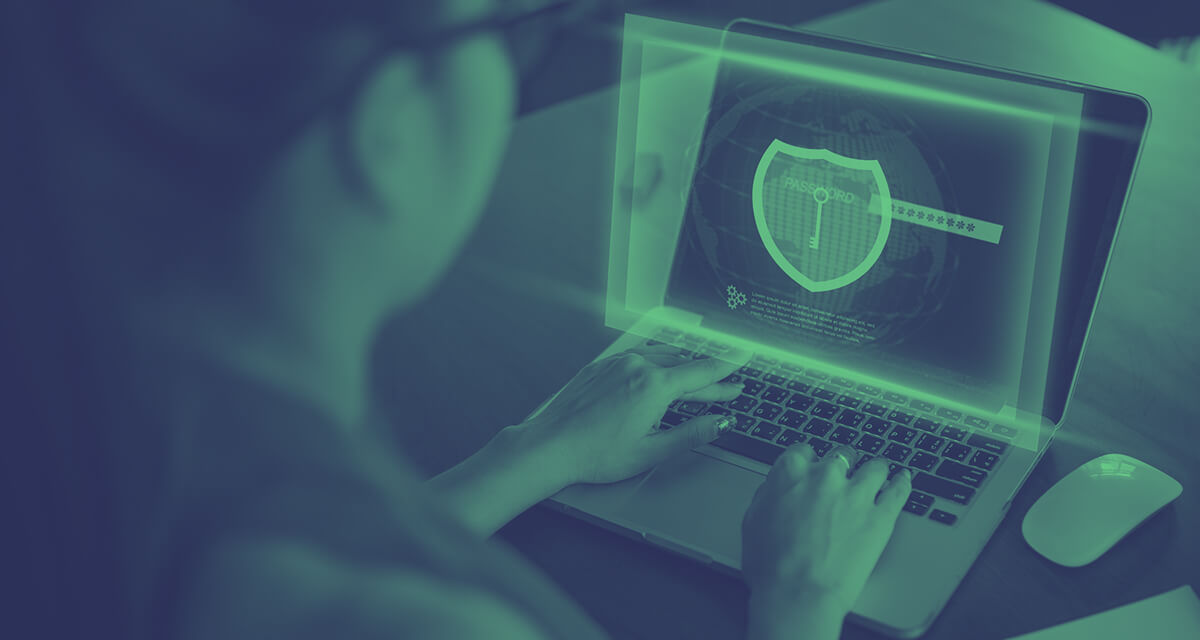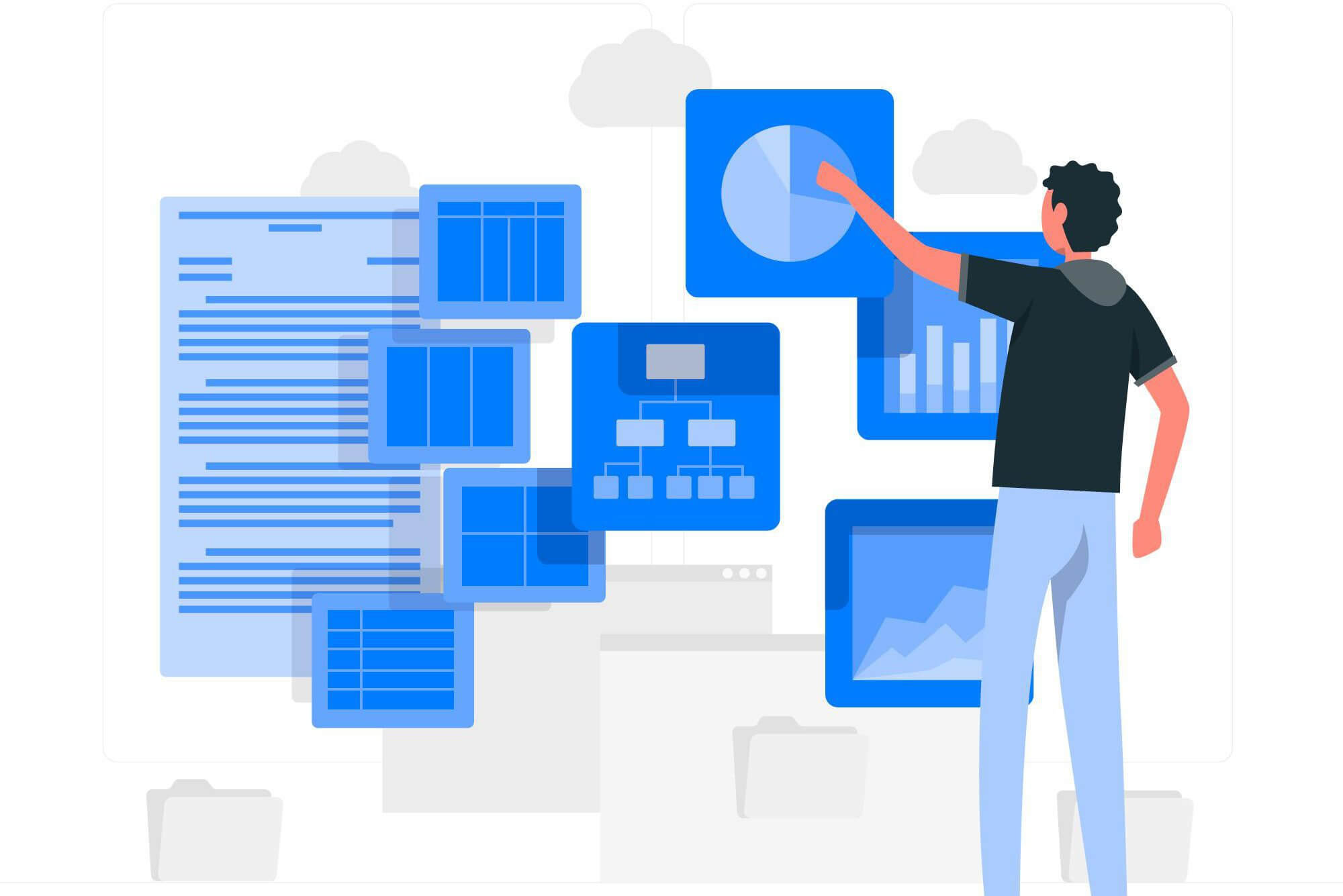A security operations center (SOC for short) is a group of cybersecurity professionals specializing in offering tactical threat intelligence and monitoring the company’s entire security structure. A SOC acts as a point of contact for data from an agency’s IT resources, such as architecture, communications, cloud services, and applications.
Through data collection, security operations center activities revolve around monitoring, analyzing, evaluating, mitigating, and dealing with present and future risks, as well as maintaining the business’s security. This ensures that the business does not get caught off guard by an attack.
This article will discuss the various roles in a security operations center, how the SOC deals with security incidents, and much more. Read on below to learn all about it.
The Functions Of The Security Operations Center
The SOC collects and analyses security data produced by the organization’s IT structure, from host applications and systems to networking and security software such as firewalls and antivirus programs.
The Security Operations Center (SOC) performs several critical activities by combining a variety of technological tools as well as the abilities of skilled cybersecurity specialists. These include monitoring, investigation, detection, and alert screening for security events. Furthermore, they are responsible for security IR management, which includes malware detection and forensic analysis.
Threat intelligence analysis is another important SOC function. This function helps manage risk-based vulnerability, patch priority, and threat detection. Other tasks include the monitoring and maintenance of security devices, as well as the generation of information and metrics for compliance checks and reports.
Major Roles In A Security Operations Center
Although the positions at each company could have distinct titles, all corporations have identical cybersecurity obligations. The responsibilities Security Operations Center SOC personnel have are quite diverse to ensure there are no loopholes.
Some of their obligations may be neglected if these teams are understaffed, inexperienced, or lack enough resources. The following are the most prevalent roles within a Security Operations Center team, as well as the particular tasks related to each position.
Security Analysts
A SOC’s security analysts are the first to respond to a cybersecurity incident. They report on cyber threats and make any necessary modifications to protect the organization. They are the final line of defense against cybersecurity threats, work alongside security managers and cybersecurity engineers, and often report to the SOC team’s upper management.
In a nutshell, their mission is to discover risks, investigate them, and respond to them in a timely manner. Analysts may also have tasks such as adopting security measures as directed by management. They may also play a part in disaster recovery strategies for organizations. Security analysts are required to be on call in certain firms to respond to problems that occur after work hours.
Team Manager
The SOC manager is in charge of the SOC team. A security manager on a SOC team is in charge of managing overall operations. SOC managers are in charge of team management and collaborating with security engineers.
They oversee SOC operations and are in charge of synchronizing analysts and engineers, hiring, training, and developing and implementing cybersecurity strategies. They also coordinate and lead the company’s reaction to serious security risks.
Furthermore, the Security Operations Center managers are in charge of developing recruiting rules and regulations, as well as developing new processes. They also assist development teams with determining the scope of new security development initiatives. In summary, they are the direct supervisor of the whole SOC team.
SOC Engineer
Engineers at the Security Operations Center are typically software or hardware professionals. This specialization means that the engineer maintains existing tools, configures security monitoring tools, and updates software and systems as part of the responsibilities. Additionally, SOC engineers must review any paperwork that other members of the team may want, such as cyber security policies.
Many engineers at Security Operations Centers are also experts when it comes to SIEM systems. Security engineers are in charge of developing security architecture and technologies. They generally collaborate with development operations teams to keep systems up to date. SOC engineers also describe requirements, methods, and protocols to guarantee that other people have the necessary resources available at all times.
Incident Response Director
In bigger companies with more expansive security staff, the director of incident response is responsible for managing events as they occur and conveying security needs to the enterprise in the event of catastrophic data breaches or security incidents. A staff of IT specialists who react to cyber threats, data breaches, network interruptions, and cyberattacks is mainly led by an incident response director.
The incident response director’s tasks include directing security employees as they investigate cyber attacks due to system vulnerabilities and putting countermeasures in place. These tasks demand the IR director to examine the activity on the organization’s servers and networks prior to any breaches or security incidents, discovering vulnerabilities and establishing safeguards and operational adjustments to prevent potential attacks.
Chief Information Security Officer
The chief information security officer (CISO) is a position of authority in charge of developing security-related strategies, policies, and operations. The chief information security officer (CISO) is in charge of developing and detailing the security activities of the firm. They are the final authority on all elements of cyber security inside the company, including strategy, rules, and procedures. Additionally, they may be in charge of managing compliance.
They collaborate closely with the CEO, informing and reporting on security problems to management. A CISO often reports directly to the CEO and has direct contact with all levels of management. CISO roles involve more than just technical abilities; they also entail conveying complex concerns to higher management, who aren’t usually well-versed in technological matters.
Additional Roles
With bigger organizations, the SOC teams may include additional roles to ensure there are no openings in the security infrastructure. This may include security operations center roles like compliance auditor, threat responder, and forensic investigator. In a nutshell, these jobs are tasked with the following duties.
The compliance auditor contributes to the standardization of procedures and supervises compliance regulations. The threat responder is specialized in threat and incident response operations. Finally, forensic investigators study and assess a threat’s structure, components, source, and intent, as well as the extent to which it has entered and harmed corporate systems.
Aside from these, there are numerous additional minor roles in the SOC team that fill up any gaps.
Why Companies Need A Security Operations Center
The main advantage of having a SOC is that it improves security issue detection by continuously studying and evaluating network behavior and cyber intelligence results. SOC teams can discover and react to security events early by continuously monitoring activity throughout the organization’s networks. This is vital since time is one of the most important factors in an efficient cybersecurity incident response.
The ability to monitor events and intrusions constantly offers companies a major edge in the battle to protect themselves against disasters and breaches irrespective of origin, timing, or kind of threat. The time difference between the attacker’s effort to infiltrate and the timeframe to detect shrinks allows enterprises to remain on top of threats in their environments and reduce risk.
Challenges Faced When Making SOC Teams
As cyber threats keep evolving, security methods must keep evolving. This means the SOC needs to constantly adapt to new security tactics to ensure the organization’s data remains safe from such attacks. The SOC’s function has become increasingly intricate as it manages all areas of the organization’s cyber defense. Due to this creating and maintaining an effective SOC can be difficult for many enterprises.
Some of the reasons why maintaining SOC teams can be challenging are listed below:
Costs
First and foremost, the costs of maintaining a team with constantly evolving security operations can be a challenge. Building a SOC takes a large amount of time and money. Maintaining it can be even more difficult because the threat landscape is continuously changing. This necessitates frequent updates and upgrades as well as consistent training of the cybersecurity workforce.
Furthermore, few firms have the internal skills to comprehend the current threat situation fully. Many firms cooperate with third-party security solution vendors to achieve dependable results without using large expenditures on internal technology or human resources.
Threat Volume
The most predominant difficulty that businesses face is the number of security threats, most of which need specialized tools as well as human resources to classify, categorize, and respond to risks appropriately.
With a huge number of notifications, certain risks may be misclassified or completely overlooked. It highlights the importance of modern monitoring technologies and automated capabilities, as well as a team of expert cybersecurity specialists.
Threat Complexity
The structure of the business, workplace flexibility, growing usage of cloud services, and other factors have raised the complexity of protecting and responding to attacks. Today, relatively basic technologies such as firewalls are insufficient to protect the company from digital enemies. Sufficient security necessitates a system that integrates technology, people, and procedures, which can be difficult to develop, construct, and maintain.
Skill Level
The scarcity of competent cybersecurity personnel makes developing an in-house security solution much more difficult. Cybersecurity specialists are in great demand throughout the world, making it difficult to attract and retain them. As a result, staff turnover within a cybersecurity firm may have an impact on security operations.
Furthermore, because IT security is a continually growing industry, specialists must constantly adapt to the changes. Since this profession needs people to learn on the job, skills can quickly become obsolete when new security solutions are developed to combat new cyber threats.
Endnote
A security operations center is a crucial component in your arsenal of security tools and technologies for ensuring optimal protection in the fast-changing world of threats and cybercrime.
A modern SOC necessitates collaboration and coordination across development, operations, and security teams. The increasing complexity of infrastructures and the pace of agile processes necessitate skills that security teams cannot attain alone.
Building a successful SOC team is critical for businesses of all sizes. It is critical to ensure you can detect, investigate, and resolve security problems. Given the responsibilities and complexities inside a SOC, providing transparency across the board is critical.






